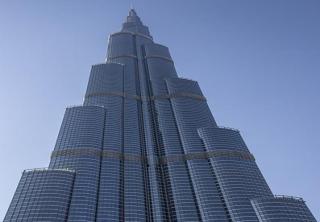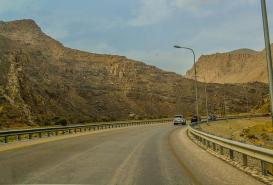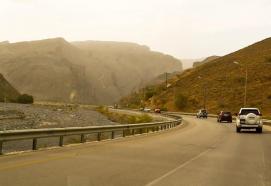
GCC Planning for Food Shortages with Food Storage Silos
As the population of the six Gulf Cooperation Council countries continue to grow apace government officials are beginning to prepare a long-term strategy which will ensure a constant and adequate food supply under any circumstances.
Officials fear that the GCC countries’ heavy reliance on food imports could leave the countries vulnerable to food price changes and other global conditions. In the face of this concern the GCC, which together control over 40 percent of the world’s oil supply, has decided to create a food surplus which could maintain their needs for up to one year. However at least one official, Gasem Al-Assiri, the sub-regional office coordinator for the GCC and Yemen in the UN Food and Agriculture Organization (FAO) believes more needs to be done.
In an interview with the Emirates Centre for Strategic Studies and Research (ESCCR) Al-Assiri said that there are several reasons the GCC should be prepared with an adequate food supply on hand. He explained that the countries of the region should protect themselves against global price fluctuations of food, which, as domestic food consumption increases and eating styles change with increased affluence, can be a dangerous development if the countries are not prepared.
"The GCC states must draft a long-term plan for any food emergency whether a natural or geo-political problem," he said.
"The building of strategic reserves of basic commodities would protect the country from price fluctuations, and from problems affecting food producing countries that prevent export of agricultural goods."
Al-Assiri added that the GCC states have already begun designing silos for grain storage of up to 12 months, which should be enough reserve food to get the GCC states through any foreseeable food shortages.
"One of the most important features of this strategy would also be the establishment of an agency to monitor water and food security in GCC states, including all factors related to domestic production or food deficit, global production or prices. This will help decision makers to take the right decision and solve many problems for them," Al-Assiri said.
"We must keep in mind that the problem of food security cannot be solved domestically, but through international cooperation."









